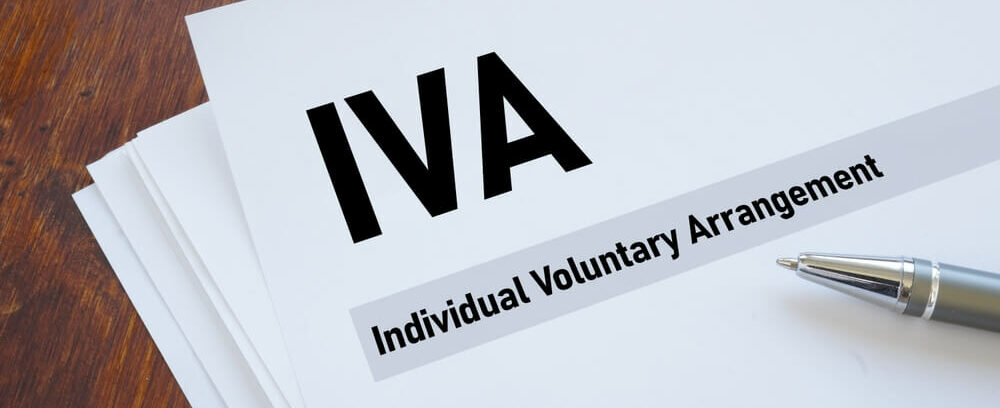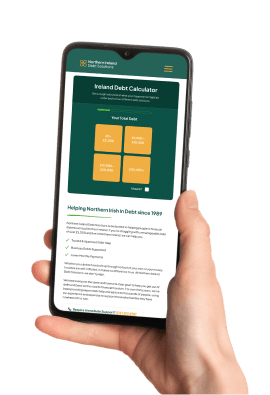If you’ve fallen behind with repayments on a debt that is regulated by the Consumer Credit Act, 1974, you may be able to ask the court for a time order. If accepted, the court will alter the original contractual terms of payment so you can pay a reduced monthly amount, or repay over a longer period of time. Sometimes the interest rate may also be altered.
Time orders apply to eligible unsecured loans only. Secured loans and mortgages come under Consumer Credit Act regulation, and instead are known as regulated mortgage contracts. You may be able to request a time order for your mortgage in spite of the rules, however.
Eligibility requirements for a time order application
You can apply for a time order under three different circumstances:
- You’ve received an arrears notice from your creditor
You must provide your lender with 14 days’ written notice of your intention to apply for a time order, telling them how you intend to repay the loan if your application is approved.
- You’ve received a default notice or termination notice from the lender
In this case you don’t need to provide notice to the lender, and should make your application to the court as quickly as possible so that repossession proceedings do not start.
- When court action has already started
If court action/repossession proceedings have already commenced, you can still apply for a time order.

How to apply for a time order
You’ll need legal representation in court, and the help of a money adviser or licensed insolvency practitioner to prepare a statement of your financial affairs. The court will also require details of your income and expenditure to support your application.
They will look at your situation, and that of your creditor, to determine whether your application for a time order is ‘just.’ You need to include as much detail as possible in your application, to persuade the court in your favour.
You may have been able to afford the repayments when you took out the agreement, for example, but have had to accept a reduction in income. You could also inform the court of any attempts on your part to agree a new repayment schedule with the creditor directly.
The lender’s actions are also taken into account – whether they’ve been open to negotiations, for instance, if the interest rate charged was extortionate, and whether they froze the interest at any point to assist you’re ability to repay.
What if a time order isn’t granted?
If the court rejects your application you can continue to negotiate a new repayment schedule with your lender, but they may decide to begin repossession proceedings against you nevertheless.
It’s also possible that a time order will only cover the arrears rather than the loan as a whole, but this depends on whether your lender has demanded full repayment of the amount owed.
For more information about time orders and whether you can make an application, call Northern Ireland Debt Solutions. We specialise in helping residents of Northern Ireland to escape debt, and can offer you an initial no-obligation consultation.
Get Started – Contact The Team Today
Ready to take the first step to a brighter future? Contact Northern Ireland Debt Solutions today to understand your next steps.




